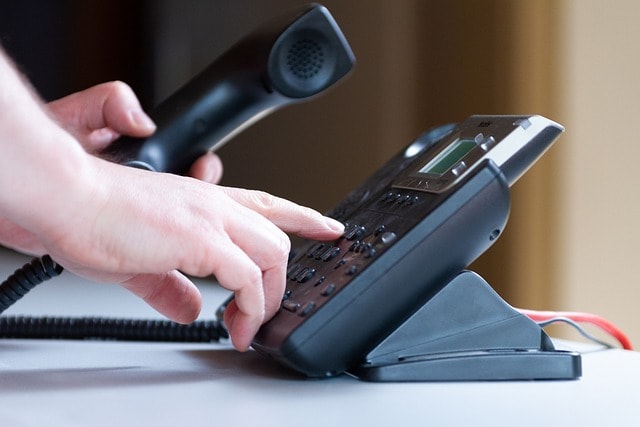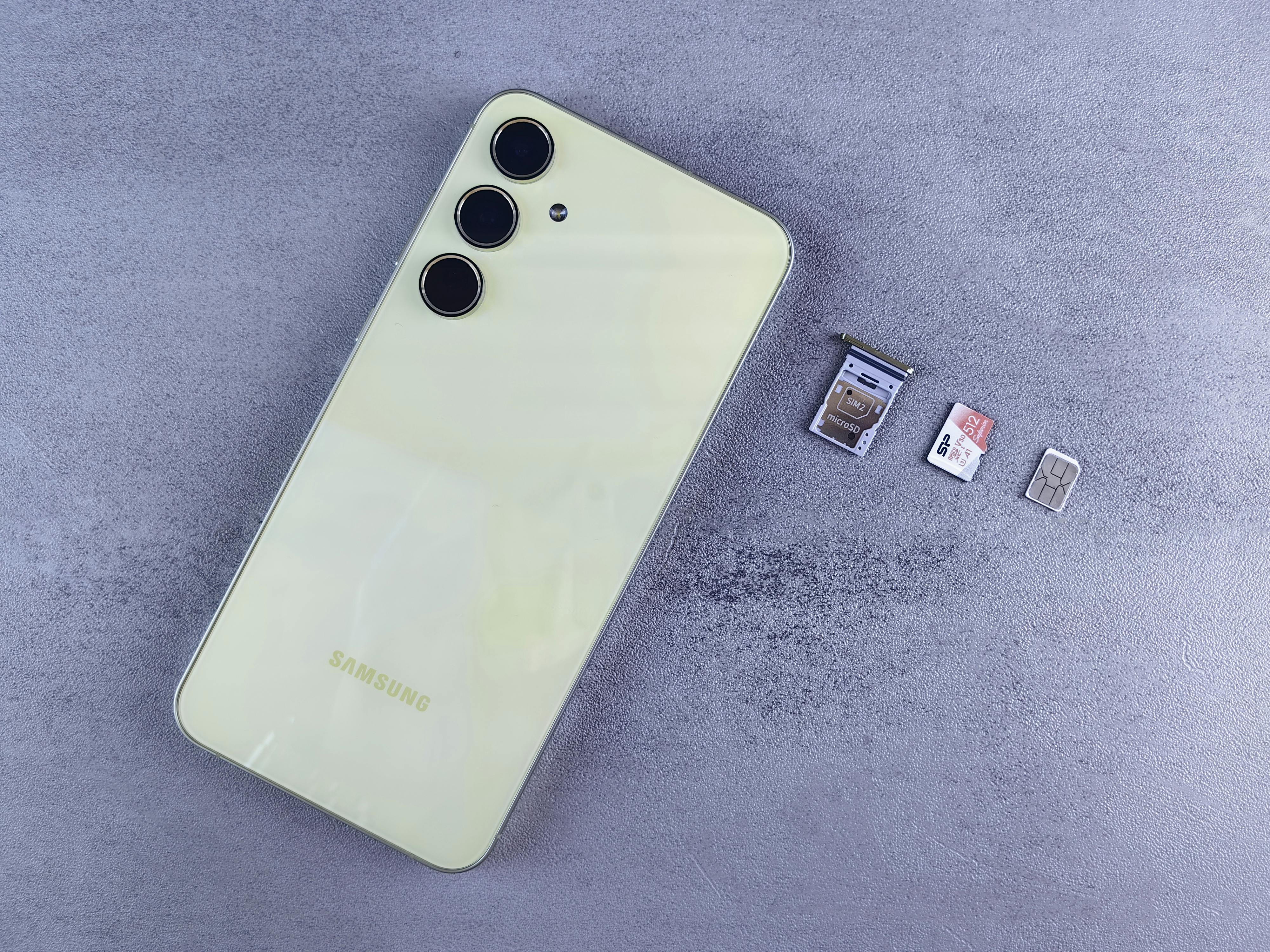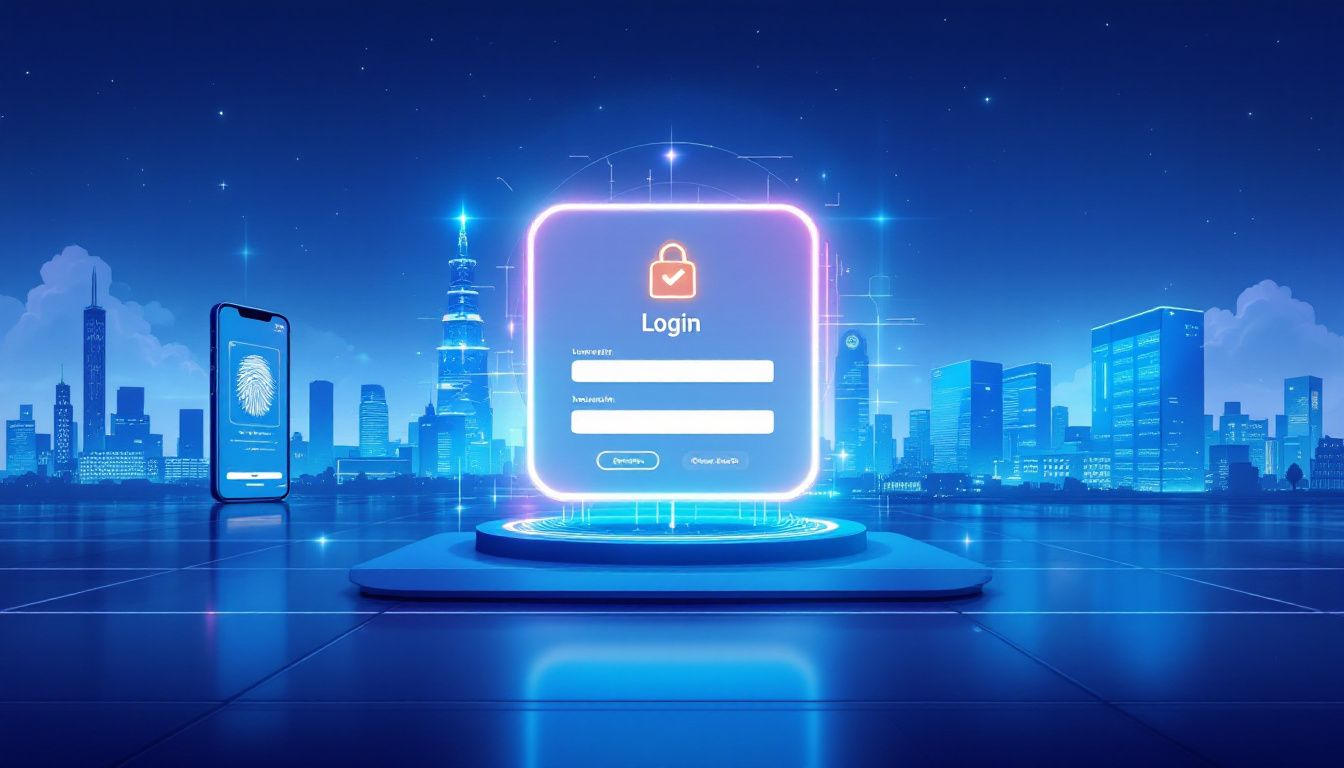Can You Record Phone Calls?

In a world where communication is increasingly digital, phone calls remain a crucial means of establishing quick and personal contact. Whether you’re a customer, entrepreneur, lawyer, or healthcare provider—sometimes it’s useful or even necessary to record an important conversation. But is it actually allowed? And how do you handle it professionally? In this article, we explore the legal and practical aspects of recording a call and show how a service provider like Belfabriek can assist you.
When Can You Record a Phone Call?
According to Dutch law, you can record a phone call if you are a participant in the conversation. This means that if you call someone or are called, you may record the phone call without notifying the other party. This falls under the so-called “own use” rule.
If you have an important phone call, such as a job interview, a conversation with a doctor, or a dispute with a company, you can record the call.
If you want to record the call and use it for other purposes, such as publishing, forwarding, or legal use, stricter rules apply. In that case, you must comply with the General Data Protection Regulation (GDPR).
This includes:
- Having a legitimate interest in the recorded call,
- Collecting as little personal data as possible, and
- Clearly informing the person involved about the recording.
What if you are not a participant in the call?
If you are not a participant in the call—for example, if you record a phone call between others without their knowledge—this falls under eavesdropping, which is illegal in the Netherlands. This is only allowed with a judge’s permission, for example, in the context of a criminal investigation.
Can Companies Record Calls?
It is allowed for companies to record calls under certain conditions, such as for:
- Quality assurance and training,
- Complaint handling,
- Evidence of transactions or agreements, or
- Compliance with legal obligations (e.g., in the financial sector).
It is important that customers are informed in advance, for example, through a message at the beginning of the call (“This call may be recorded for training purposes”).
How to Inform Customers Properly
An easy way to inform your customers about recordings is through an automatic welcome message. This message is played as soon as someone calls you. You can record the message yourself or have it professionally recorded by a voice-over. With services like the welcome message from Belfabriek, you can set this up professionally and adjust it whenever you want.
For example:
“Welcome to Company X. This call may be recorded for quality and training purposes.”
This way, you meet legal requirements and keep communication transparent. (If you want more information about these rules, visit the website of the Dutch Data Protection Authority.)
Professionally Managing Call Recordings with Belfabriek
If you want to record phone calls as a company in a correct and user-friendly way, it’s advisable to work with a professional service provider. Belfabriek has been active in business telephony since 2000 and offers:
- Call recording: Automatically record calls and store them securely. You can listen back or download recordings later via a secure environment.
- Virtual 085 and 088 numbers: Your own business number that can be forwarded to any device.
- Menus and queues: Record calls to help your customers more efficiently and distribute calls better.
- Live dashboard and call statistics: Gain insight into your call traffic and customer service performance.
- Call center features: Ideal for growing businesses or customer services with multiple employees.
With these services, you can not only record calls but also improve the quality of your telephony and increase customer satisfaction.
Security and Privacy
An important aspect of call recordings is the security of the data. As an organization, you must handle recorded calls carefully, especially if they contain personal data. Belfabriek offers secure storage and access via encrypted connections. Additionally, you can specify how long recordings should be kept to comply with GDPR requirements.
Tips for Recording Calls
Want to handle phone call recordings carefully? Here are a few practical tips:
- Inform in advance: Let the other party know that the call may be recorded.
- Limit storage duration: Do not keep recordings longer than necessary.
- Use recordings only for their intended purpose: Avoid sharing without permission.
- Protect recordings: Ensure encryption and limit access.
- Document your policy: Internally record why and how you record calls.
Summary
Recording phone calls is allowed in many cases, provided you are a participant in the conversation or properly inform the other party. For companies, the bar is set higher, especially if you want to use recordings for analysis, evidence, or training. Transparency and care are essential.
With professional solutions like those from Belfabriek, you can not only record calls but also ensure a good customer experience, higher efficiency, and legal compliance. Whether you run a small business or manage a growing team—the right tools make all the difference.
Curious how Belfabriek can help your business with call recordings and other telephony solutions? Visit our website and discover how easy it is to be professionally reachable!
Frequently asked questions
A quick way to explore how everything works and what to expect.
In the Netherlands, you can record a phone call if you are a participant in the conversation. You do not need to ask permission from the other party. If you are not a participant, it is illegal to listen in or record the call.
Yes. In both civil proceedings and, in some cases, criminal law, a recorded call can be used as evidence, provided it was obtained lawfully.
Yes, but under strict conditions. The employer must inform employees in advance, for example, through a contract or employee handbook. Recordings may only be made for a clear purpose, such as quality assurance or dispute resolution.
If you are a customer of a service provider like a telecom company or Belfabriek, you can sometimes request a recorded call. There must be a legitimate interest, and the recording must still be available.
Yes. Individuals must also comply with GDPR (General Data Protection Regulation) rules if personal data is processed. This means handling the audio recording carefully and not sharing it without permission.
If you are not a participant in the call and have been eavesdropped on, you can file a report. If a recording was made and used without your consent, it may constitute a criminal offense.
Recordings should not be kept longer than necessary. The exact duration depends on the purpose. For example, a recording for quality purposes may be kept for a shorter time than one used as evidence in a legal matter.

 Netherlands
Netherlands Belgium
Belgium Denmark
Denmark Germany
Germany France
France Switzerland
Switzerland Austria
Austria UK
UK Spain
Spain Italy
Italy


